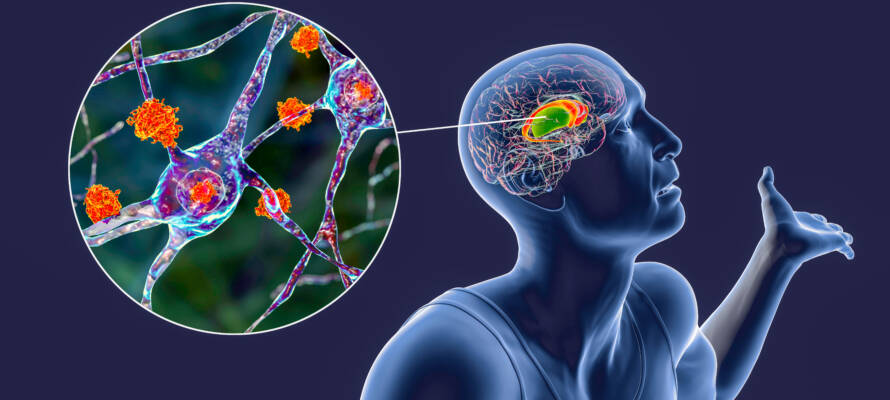For the first time in history, Israeli scientists successfully translated the brain’s signal into artificially generated syllables.
By Shula Rosen
Although the technology sounds like it was invented from the pages of a science fiction novel, machine learning can now translate thoughts into speech, giving those who suffer from paralysis a chance to communicate.
For the first time in history, Israeli scientists successfully translated the brain’s signals in the first phase of speech creation into artificially generated syllables.
Patients unable to speak were asked to visualize certain syllables while technology detected brain waves and created artificial sounds.
This technology will revolutionize the lives of those who have lost the ability to speak due to paralysis from brain injuries, stroke, and amyotrophic lateral sclerosis (ALS, Lou Gehrig’s disease) and will allow them to speak through artificial means using only their thoughts.
The study was led by Dr. Ariel Tankus of TAU’s School of Medical and Health Sciences and the medical center, together with Dr. Ido Strauss of TAU’s School of Medical and Health Sciences and director of the hospital’s functional neurosurgery unit.
Dr. Tankus explained that “The 37-year-old patient in the study is an epilepsy patient who was hospitalized to undergo resection of the epileptic focus in his brain.”
Electrodes were implanted on his brain for clinical reasons, and when he thought of certain syllables and vowel sounds, the neuroprosthesis technology produced the sounds artificially with 85% accuracy.
“We show that a neuroprosthesis trained on overt speech data can be controlled silently,” Dr. Tankus said.
He explained, “To do this, of course, you need to locate the focal point, which is the source of the ‘short’ that sends powerful electrical waves through the brain.”
To identify the focal point, electrodes are implanted on the brain, and when the patient experiences another seizure, the electrodes will signal the location where the scientists can channel signals for successful neuroprosthesis.
The scientists believe they will soon be able to train machine learning to process a patient’s speech at the onset of the disease, such as ALS, when the patient can still speak.
Dr. Tankus said, “Our study is a significant step toward developing a brain-computer interface that can replace the brain’s control pathways for speech production, allowing completely paralyzed individuals to communicate voluntarily with their surroundings once again.”
ANTISEMITISM IS SURGING, THREATENING JEWISH LIVES!
Join Six Million United Against Antisemitism!
We stand united against antisemitism and pledge to fight hatred and violence against the Jewish people and its institutions around the world.
Sign the petition - Declare 'Never Again is Now'!























